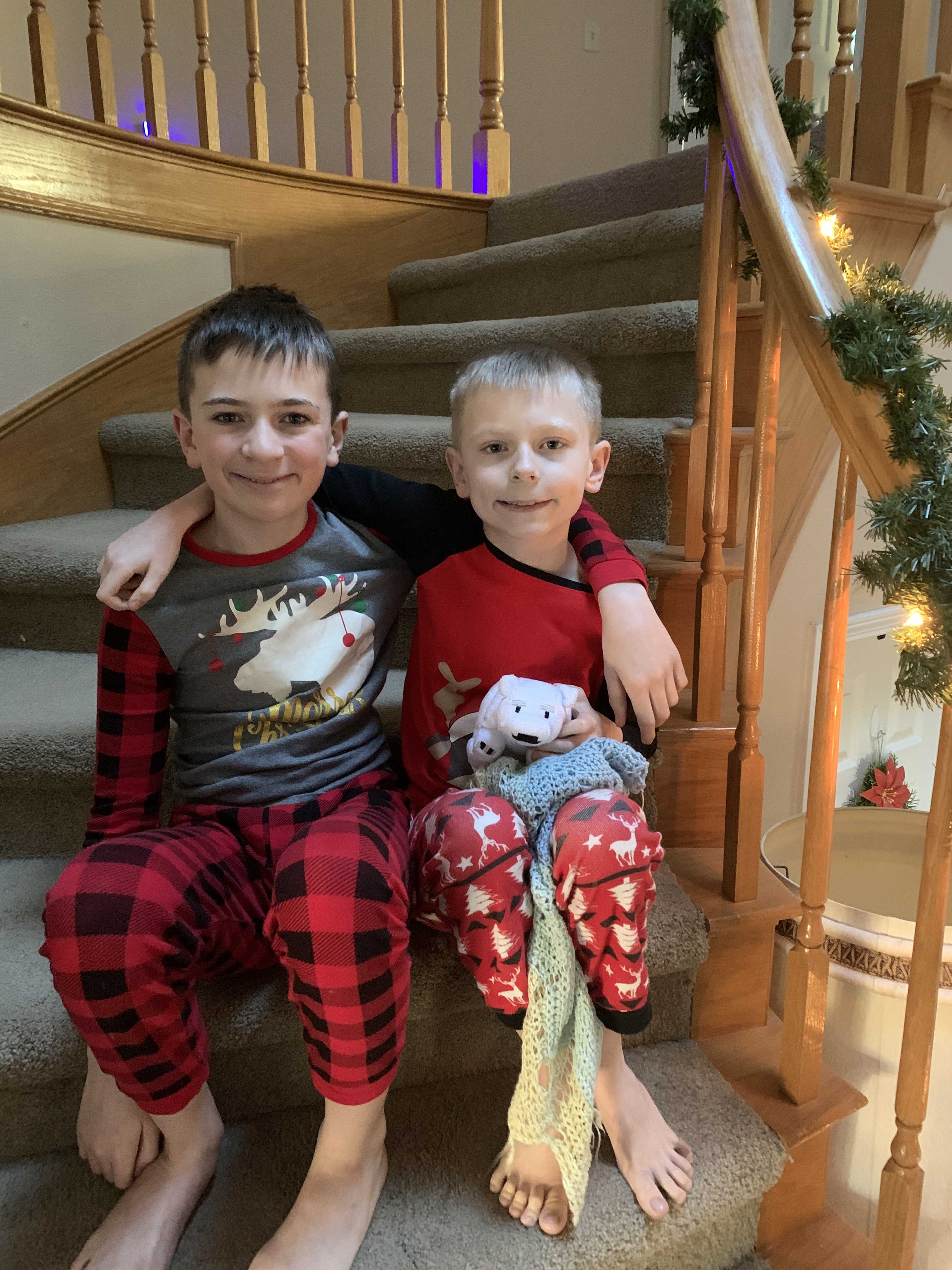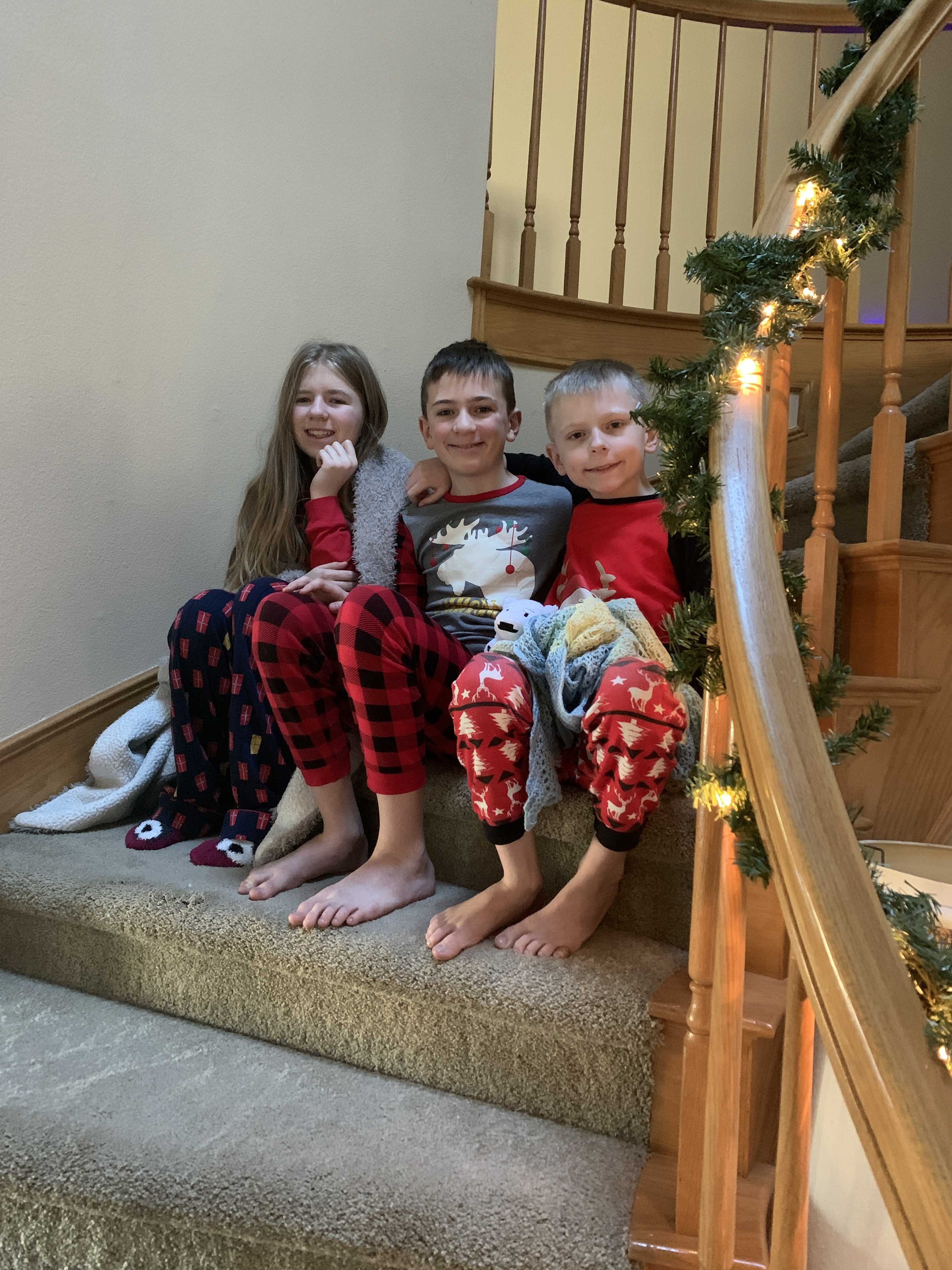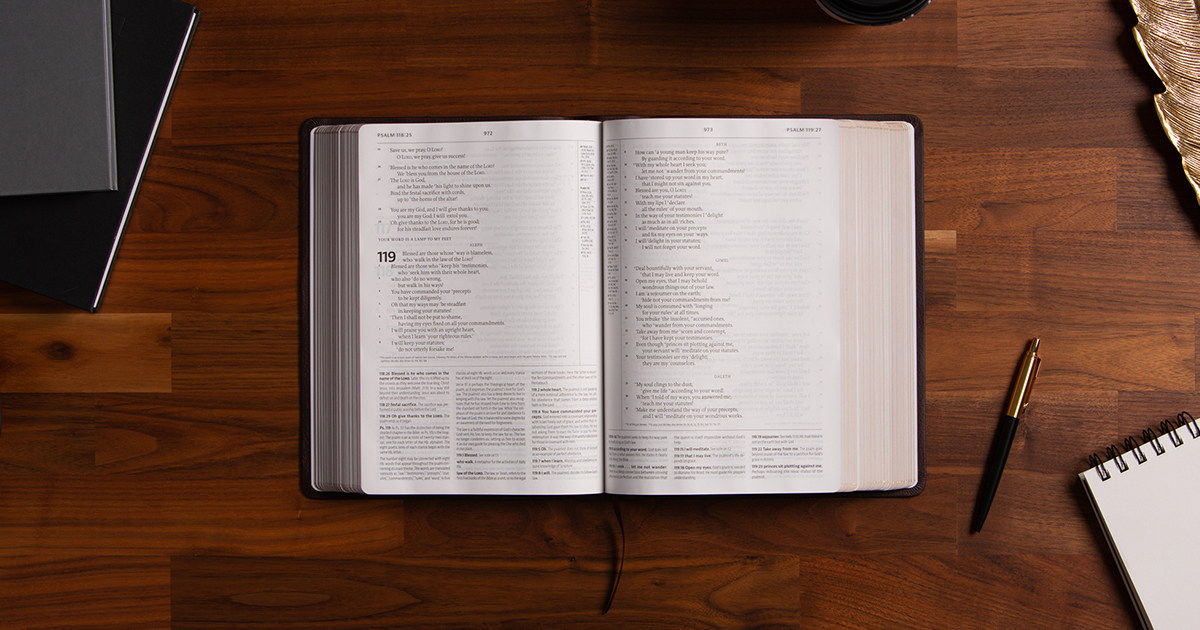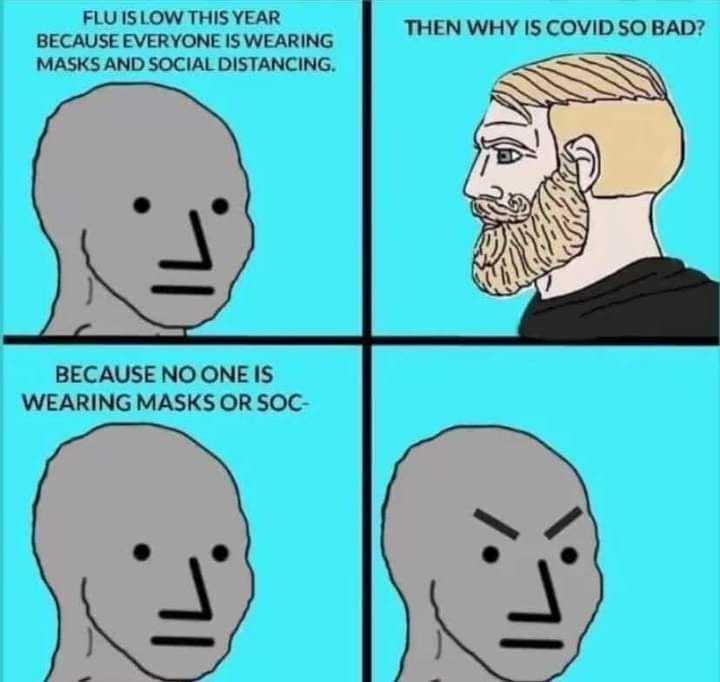Discover posts
Reading through the Bible is a tradition for many: Via Ligonier Ministries, here's a list of some of the reading plans out there!
Along with these, share some of your favorite "yearly" reading plans.
https://www.ligonier.org/blog/bible-reading-plans/
Welcome new folks! Reminder: if your family and friends aren't here, you won't be here. This is true no matter what platform you sign up for. It was easier to find them at FB, I'll grant, but if you're here, you already know the problems with FB. Get your friends and fam to pull up a table at the Corner Table!
On CornerTable only, join the "Reading through Psalms and Proverbs" accountability group.
Taking you through Psalms and Proverbs four times in the New Year, join the group to pick up your reading plan and being encouraged by others.
https://cornertable.us/psalmsandproverbs
Good information, we will be addressing a all three in particular the biblical definition of justice.

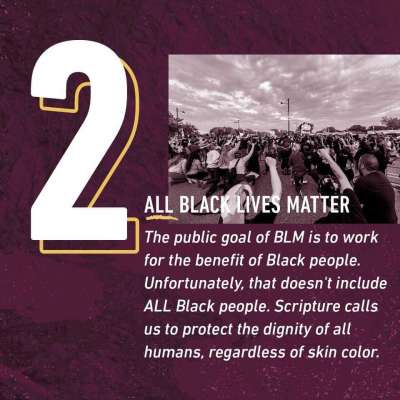
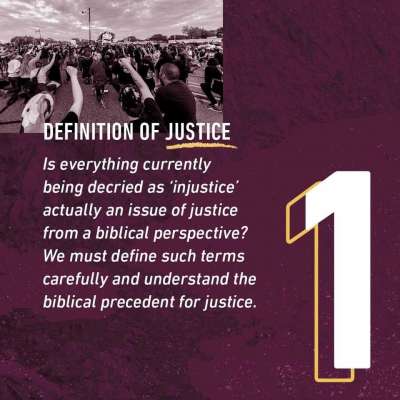
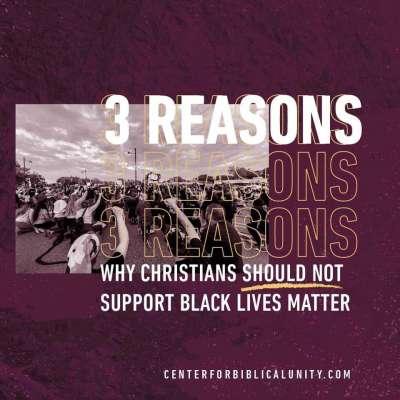
If you are facing an unplanned pregnancy, you are not alone. We are here to walk with you. Our goal is for you to feel well-cared for and fully informed. Learn more at www.AbidingCareCenter.org.
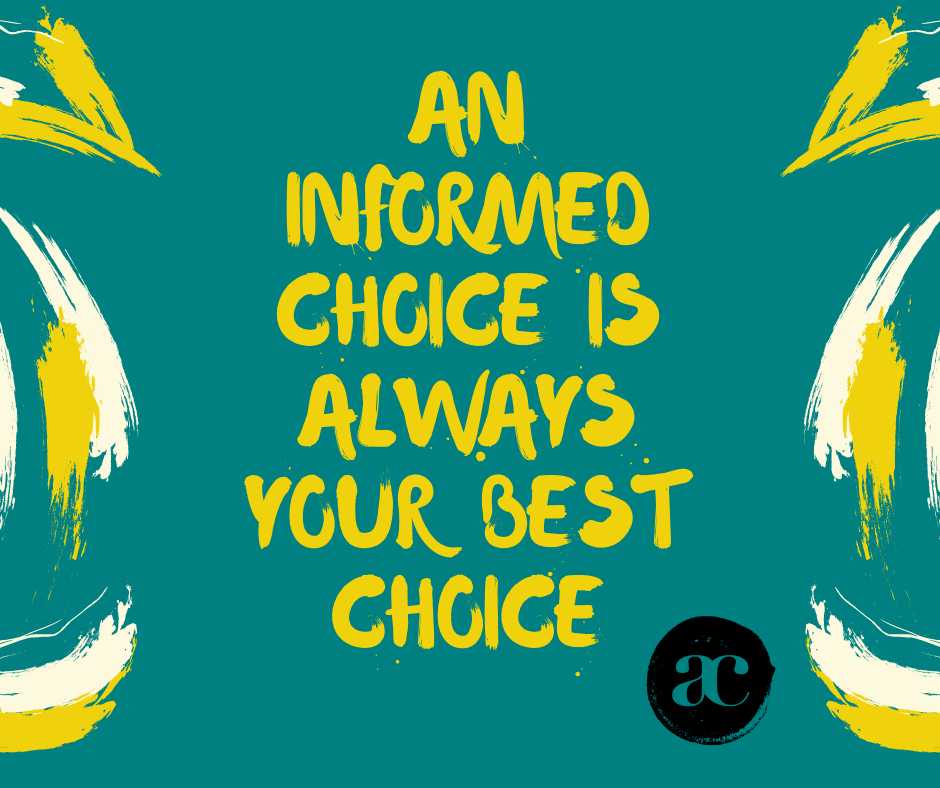
TIP: As this platform only has 3 visibility settings
(Everyone, Friends, Only Me)
if you want to interact with people without laying bare your whole life,
try creating a page, group, or topic in the forum.
GROUPS can be set to private/invite only.
Don't forget to change the privacy settings on your posts
if you don't want everyone to see them!


